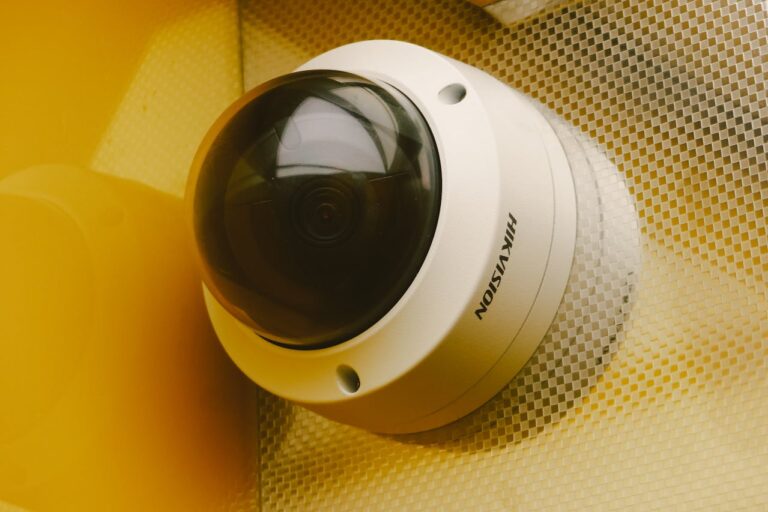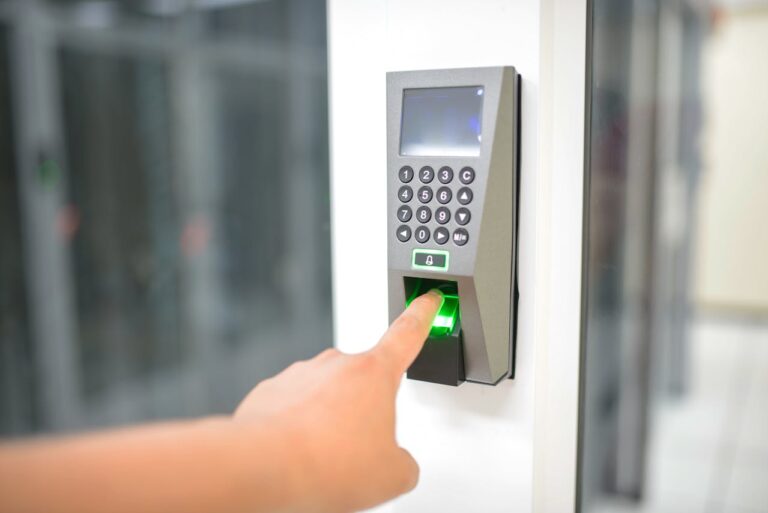Security managers responsible for safeguarding government institutions in South Africa often find themselves on the move, attending conferences and industry events. While their focus is on enhancing security, they must also protect themselves from espionage attempts. Espionage tactics are evolving, and understanding these psychological techniques is vital. In this blog post, we’ll explore five essential tips to help government security managers shield themselves from espionage while traveling for work.
Be Cautious on Social Media – Many spies start their information gathering on social media. They create profiles of their targets based on publicly available information. Details shared on platforms like LinkedIn and Instagram can be used to create an affinity or exploit weaknesses. Therefore, be mindful of the information you share online, from educational background to personal activities.
Trust Your Instincts – When engaging with strangers, pay attention to your gut feeling. If someone seems too eager for information, turn the tables and start asking them questions. Listen for red flags – if they pull away or their online presence is limited, they might not be who they claim to be.
Special Caution for Conference Speakers – Conference speakers are especially vulnerable to espionage attempts. Your bio and schedule are often publicly available, making it easier for threat actors to approach you. Be cautious and use extra discretion in such situations. Compliments and leading questions can be signs of manipulation.
Protect Your Electronic Devices – Never lend out your electronic devices, not even for a quick call. Malware can be installed within seconds, compromising your sensitive information. Your phone, laptop, and other devices are your gateway to sensitive data, so guard them diligently.
Maintain Privacy in Your Hotel Room – Assume that conversations in your hotel room are not private, particularly when traveling abroad. Be aware of looser surveillance laws in different countries. Hotel room safes can be breached by staff without your knowledge. Use the hotel’s private network for Wi-Fi, as malicious actors can set up rogue networks with similar names.
Social engineering, or “human hacking,” is a common tactic in data breaches. More than 90% of successful data breaches involve some form of social engineering. While your focus is on securing government institutions, being vigilant and educated about espionage attempts is equally crucial. By following these tips, government security managers in South Africa can protect themselves and their sensitive information while on the move. Stay vigilant, stay secure.
If you are interested in advanced targeted security management training, have a look at our Security Management (Advanced) Course Track by following the link below. The Course Track includes access to the Intelligence Related Threats (Advanced) Course. The course may also be completed as a standalone course.







